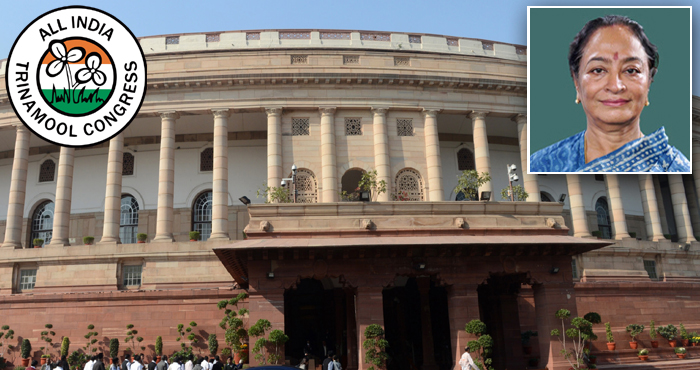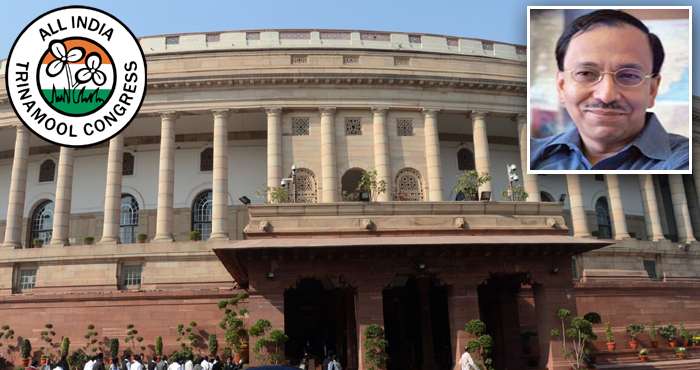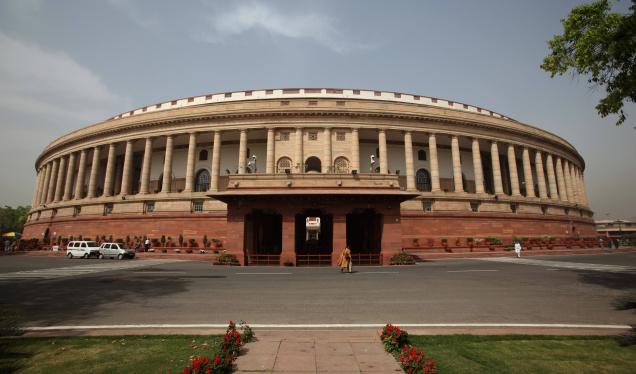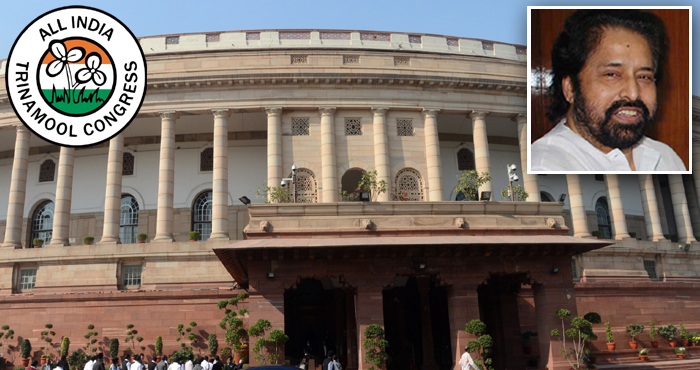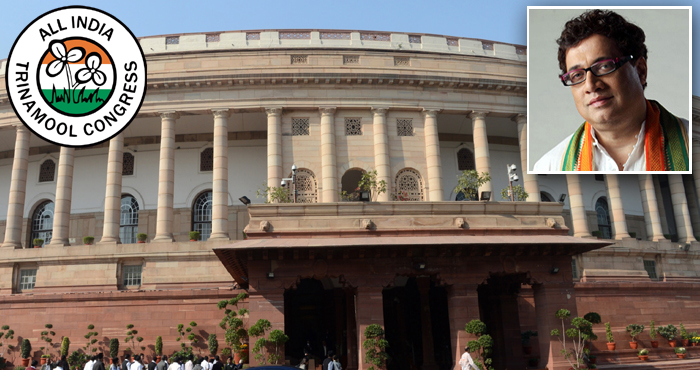Celebrate democracy. Deliberate democracy
On the floor of this house we get a chance to both celebrate democracy and sometimes deliberate democracy. Two months ago, we had a famous win in Bengal, and that was a great chance to celebrate democracy. Incidents in J&K over the last two weeks bring us here today to deliberate democracy.
Mishandled the situation in J&K
Sir, first let me tell you what I and my party have been thinking after studying the situation these past two weeks. We can use many expressions – bungled the situation, mishandled the situation, or mismanaged the situation. But I think the most appropriate expression we want to use is the Union Government mishandled the situation and they have to realise that they mishandled the situation. Because ordinary have lost their lives; not all of them, but ordinary people have, which is sad. We must extend help to all these families belonging to these ordinary citizens. There was an incident about a class X student, which I read in the Indian Express. It could have been any one of our sons and daughters.
Digital India, not Divisive India
Sir the irony of this is how our people there are expressing themselves. The Home Minister is here Sir. They are expressing themselves through the social media; and who are the champions of the social media? Those people who came to power riding the social media in 2014. Now what are they using the social media for? To wish each other happy birthday – one minister is wishing the other minister happy birthday. Wish each other happy birthday, we don’t mind, if it’s a happy occasion. But if you want a Digital India then make sure you understand the Digital medium otherwise Digital India can very well become a Divisive India. And no preachers there. From whatever we have read, this is all being done on the internet. So my appeal to the Home Minister through you, Sir, is, understand the power of these media. Young people are on these media. You have to harness the power of the media correctly and not only for PR.
The Jangalmahal model of development and healing for J&K
Sir, my second point: security arrangements and hard policing, Yes, very good. Please continue with security arrangements and hard policing if you want. But along with that there needs to be a political process. There needs to be a dialogue. It is disappointing when the Leader of the House here stands up and talks to us about numbers; that he was put in that position. I don’t care whether you are put in the position or you want to be put in the position. Now you please handle the situation as we expect you to handle the situation – so political process and dialogue, along with security arrangements and hard policing must go together.
If I could give an example from admittedly a very different situation, in Jangalmahal, West Bengal, where our government inherited a Maoist insurgency but also poor developmental conditions and genuine political grievances. Through you, I want to ask the Home Minister to you look at Jangalmahal. We used tough policing measures, without compromise, but also showed the sagacity to usher in an honest political and developmental conversation. Today, Jangalmahal is healing appreciably.
It’s not only about Soil, it’s about Soul
What is this situation in Kashmir about? Land? Soil? No, it is about the people of Kashmir. It is not about the soil, it is about the soul of Kashmir. That’s what we have to focus on – the soul, and bring these people together and make them feel that they are part of us. Kashmiris have a stake in India and Indians have a stake in Kashmiris. There can be no other way. When you see a Kashmiri boy or girl working in Goa in a call centre or working in Bengaluru or in Kolkata, you feel a little extra special. We don’t ask them, are you from Kashmir, or are you not from Kashmir. So it’s about the soul. And I urge this Government, along with the hard policing, the strict measures, to please keep that soul of Kashmir in mind.
Sir, Atal Bihari Vajpayee said, “We will talk within the framework of insaniyat (humanity and humaneness).” Sir, I would urge this Government to begin the dialogue process with our own people, our young people. Please, it is very important for the Government to accept that they have mismanaged the situation. Please don’t shy away from this. And yes, everyone has been magnanimous to get behind you this time. Accept that Sir.
UN Secretary General statement wipes out PMs frequent flyer miles
All the Prime Minister’s frequent flyer miles, accumulated during the last two years, and that’s a lot of frequent flyer miles, all got washed out by one statement on the 11th of July by the United Nations Secretary General. This is what he said: he called on all parties to “exercise maximum restraint to avoid the violence and I hope that all concerns would be addressed through peaceful means.” This is a very telling statement.
I want to end with the issue of pellets. Sir, it makes for a sad story that in this day of technology, when it is common knowledge that the same kind of pellets were used in Tunisia in 2010 or in 2014 in Egypt, and got heavily criticized by the international community, here again they go and use the same pellets.
Yes Sir, it is not only the land, not only the soil, not only the grass, it is about the soul of Kashmir. I urge this Government to protect that soul. Kashmir’s soul, India’s soul
Thank You Sir.

